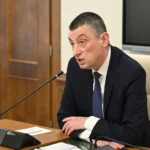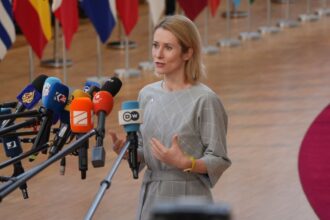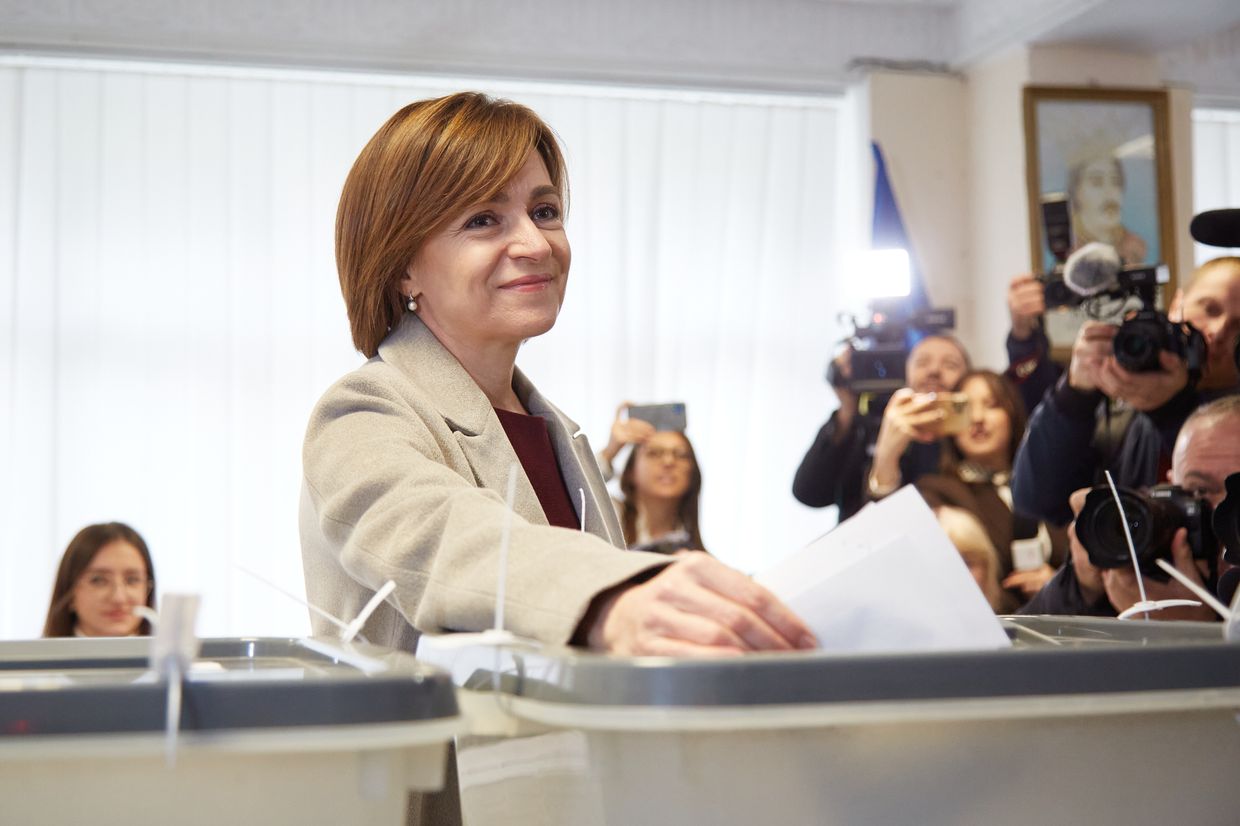Tomorrow, October 22, the Financial Action Task Force will meet and it is expected that they will once again discuss Russia’s blacklisting. It is unbelievable that Russia, a state sponsor of terrorism and a member of an intergovernmental organization that sets standards for combating terrorist financing, money-laundering, and other financial crimes, has not been removed.
It’s amazing that Russia isn’t already on FATF’s blacklist, alongside North Korea and Iran. Ask the CEO of Germany’s largest arms manufacturer Rheinmetall whom Russia plotted against, or think about the Russian bomb plots that were foiled by the U.K. Postal Service and Germany. MI5 and the German equivalent also recently warned of Russia’s growing terror threat.
Russia continues to violate sanctions, and encourages others do the same. According to the Financial Times, shadow fleets circumvent sanctions with Russia’s help.
It would be an appropriate move for the administration of U.S. president Joe Biden to finally push for Russia to be blacklisted by the FATF. If Donald Trump becomes president, keeping Russia on this list could be a bargaining tool for future peace talks over Ukraine.
The pressure on Russia’s economic system has increased in recent months. The ruble is close to 100 dollars to the dollar and inflation is on the rise. Russia’s Central Bank had to raise interest rates to stabilize currency and combat inflation. These economic challenges are partly due to new sanctions, such as measures against the Moscow Exchange and tightened secondary sanction that makes it harder for third party countries like China and India to trade with Russia.
The tightening of sanctions against Russia serves many important purposes.
First, it weakens Russia’s economy, making the war on Ukraine more expensive and harder to renew its military.
Second, although sanctions were originally imposed as a response to Russia’s invasion in Ukraine, it is now clear that Russia represents a greater threat to Western interests. NATO is interested in reducing Russia’s military capability because Russian President Vladimir Putin believes that he is at war with NATO and the West. Sanctions can help to reduce this threat.
Third, sanctions harm the Russian economy and give Ukraine and the West leverage for future negotiations. FATF’s blacklisting of Russia makes strategic sense to the West.
FATF was created in response to the threat of terrorism by Islamists after 9/11. One argument against blacklisting Russia stems from the fact that it plays an important role in combating these radical Islamist groups. Recent events, however, suggest that Russia poses a greater threat to the West today than these groups. Its alliances with Iran, North Korea and now 10,000 troops fighting in Russia’s conflict in Ukraine show its alignment with other FATF blacklisted states.
The blacklisting of Russia would send out a clear message that allying with Iran and North Korea in order to wage war on Ukraine and attack Western interests can have consequences.
One possible counterargument would be that blacklisting Russia might reduce its cooperation with the FATF in fighting islamist extremism. This was a major reason for FATF’s founding. Russia’s counterterrorism cooperation is unlikely to diminish, however, given the growing threat Russia faces, as evidenced by recent attacks, such as the Moscow Theater incident. The FATF’s blacklisting should not change the fact that it is in Russia’s best interest to address these threats.
Editor’s note: The opinions expressed by the authors in the op/ed section do not reflect the views of Kyiv Independent.
Timothy Ash is a fellow at Chatham House‘s Russia and Eurasia Programme. Ash is a senior emerging markets (EM) sovereign strategy at BlueBay Asset Management. Read more
Read More @ kyivindependent.com













